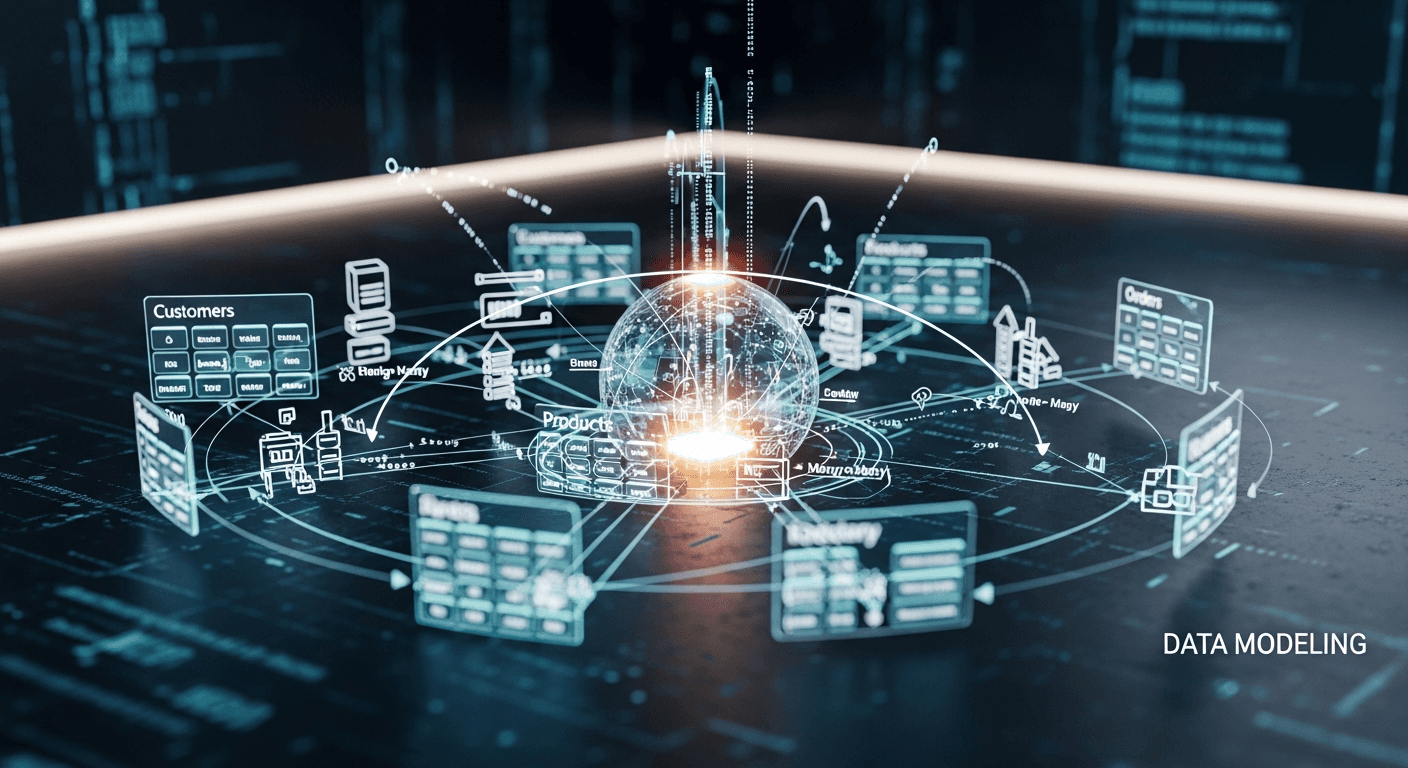What Is Quantum Computing? A Beginner’s Guide to the Future of Tech
Quantum computing is a new and powerful approach to processing information. Unlike regular computers which use bits to represent either a 0 or a 1, quantum computers use **qubits**, which can represent both at the same time. This strange sounding concept comes from quantum physics, the science of the tiniest particles in the universe. Because of this, quantum computers can explore many possible answers at once, making them incredibly powerful for certain types of problems that would take regular computers ages to solve.

How Do Quantum Computers Work?
The main difference between classical and quantum computers is that quantum computers use qubits instead of bits. Although quantum computing still relies on binary code, qubits handle information in a unique way they can exist in multiple states at once, a property called superposition. This allows quantum computers to process many possibilities simultaneously, making them much more powerful for certain tasks.
Example:
Sara is working on an electric car startup. Using quantum computing, her team quickly tested hundreds of battery materials in simulations, speeding up their design of a battery that charges faster and lasts longer.
How Quantum Computing Helps Us Daily?

Quantum computers are already starting to make a difference in our world, and in the future, their impact will grow even more:
Medicines and Healthcare: Help scientists create new medicines by modeling how tiny molecules behave. This could lead to better and faster treatments.
Finance: Banks use quantum computers to find the best ways to invest money and prevent fraud.
Logistics: Delivery companies find the shortest and fastest delivery routes, saving time and money.
Weather and Climate: Help predict weather and climate more accurately to prepare for natural disasters.
Better Technology: Aid in designing batteries, materials, and cleaner energy.
Cybersecurity: Build super, strong codes to keep data safe and also challenge old security methods.
Even if you don’t have a quantum computer at home, its effects will be around you in medicines, deliveries, phone security, and the environment.
What are Qubits and Why Are They Special?
Qubits are the building blocks of quantum computers. Unlike bits in regular computers, which can only be 0 or 1, qubits can hold more than one value at the same time, thanks to a property called superposition. This allows quantum computers to try many answers at once, not just one by one. Qubits can also be linked through entanglement, letting them work together in powerful ways.
Difference Between Quantum and Traditional Computing?
Quantum computing and traditional (or classical) computing are like two different worlds. They do share some similarities, but they have many important differences. The biggest one is right at the core: quantum computers use qubits, while traditional computers use simple bits. Let's take a look at three of the most significant:
1. Programming Language
Quantum computers don’t use the usual programming languages like Python or Java. Instead, they need special algorithms built just for them based on the rules of quantum physics. These programs work very differently from what regular computers use.
2. How They Are Used (Functionality)
Traditional computers are made for everyday tasks: running apps, browsing the internet, writing documents, and much more. They are common in homes and offices. Quantum computers, on the other hand, are not built for daily personal use. They are still very complex machines mostly used by large companies, scientists, and researchers to solve hard problems that regular computers can’t handle efficiently.
3. Architecture (How They’re Built)
Inside traditional computers, you will find memory and processors working together to run programs. But quantum computers have a much simpler setup they don’t have separate memory or a processor in the usual sense. Instead, they run entirely on groups of qubits, which do all the computing through their unique quantum properties.
Quantum Computing vs. Traditional (Classical) Computers
Feature | Classical Computer | Quantum Computer |
|---|---|---|
Smallest unit | Bit (0 or 1) | Qubit (0, 1, or both) |
How it solves problems | One by one (step, by, step) | Many at once (parallel) |
Best used for | Web, games, daily tasks | Complex science, large data |
Programming | Languages like Python, C++ | Special quantum algorithms |
What are the Pros and Cons of Quantum Computing?
Pros
Super Fast for Hard Problems: Can solve very tricky problems quicker than classical computers, especially in science and finance.
Handles Big Data: Good for analyzing huge amounts of data.
Helps Discover New Things: Leads to new medicines, materials, and climate predictions.
Cons
Hard to Build: Needs special conditions like extreme cold and quiet environments.
Fragile and Error, Prone: Qubits make mistakes and fixing these errors is difficult.
Security Risks: Could break today’s data security; new security methods are necessary.
Main Uses of Quantum Computing

Quantum computers might sound very technical, but they are expected to change many important fields and industries. Here are some of the biggest ways quantum computing can be helpful:
Finance
Companies in the finance world can use quantum computers to better plan investment portfolios. This means making smarter money decisions faster. They also help fight fraud by running complex simulations and detection programs more efficiently.
Healthcare
Quantum computers can speed up the discovery of new medicines by simulating how molecules behave, which is very hard for classical computers. They also help create personalized treatments based on genetic information, opening doors for better health care and DNA research.
Cybersecurity
Quantum programming does come with risks but also brings big advances in keeping our information safe. For example, Quantum Key Distribution (QKD) is a new way to share secret messages that can detect any attempts to eavesdrop, making communication much more secure.
Mobility and Transport
Companies like Airbus use quantum computing to design more efficient aircraft. Qubits will also enable significant progress in traffic planning systems and route optimisation
Why Quantum Matters More Than You Think"
Scenario:
Imagine a future where doctors can instantly tailor medicine to your DNA, traffic jams are predicted before they happen, and cybercriminals can’t break into any syste, not even with supercomputers.
This is not science fiction. It’s what quantum computing is unlocking, quietly transforming the world behind the scenes, from faster diagnoses to smarter cities.
Who’s Leading Quantum Computing?
Big companies like IBM, Google, Microsoft, and startups such as D, Wave are building quantum machines. Banks and health companies are already testing these computers for real, world problems.
Can You Learn Quantum Computing?
Yes! Many free online tools and courses let beginners explore quantum computing concepts and programming. It’s an exciting field open to curious minds.
The Future Is Quantum
Quantum computers won’t replace our everyday devices soon but will change how we solve big problems quietly behind the scenes. Their unique power will help us live safer, healthier, and smarter lives.




